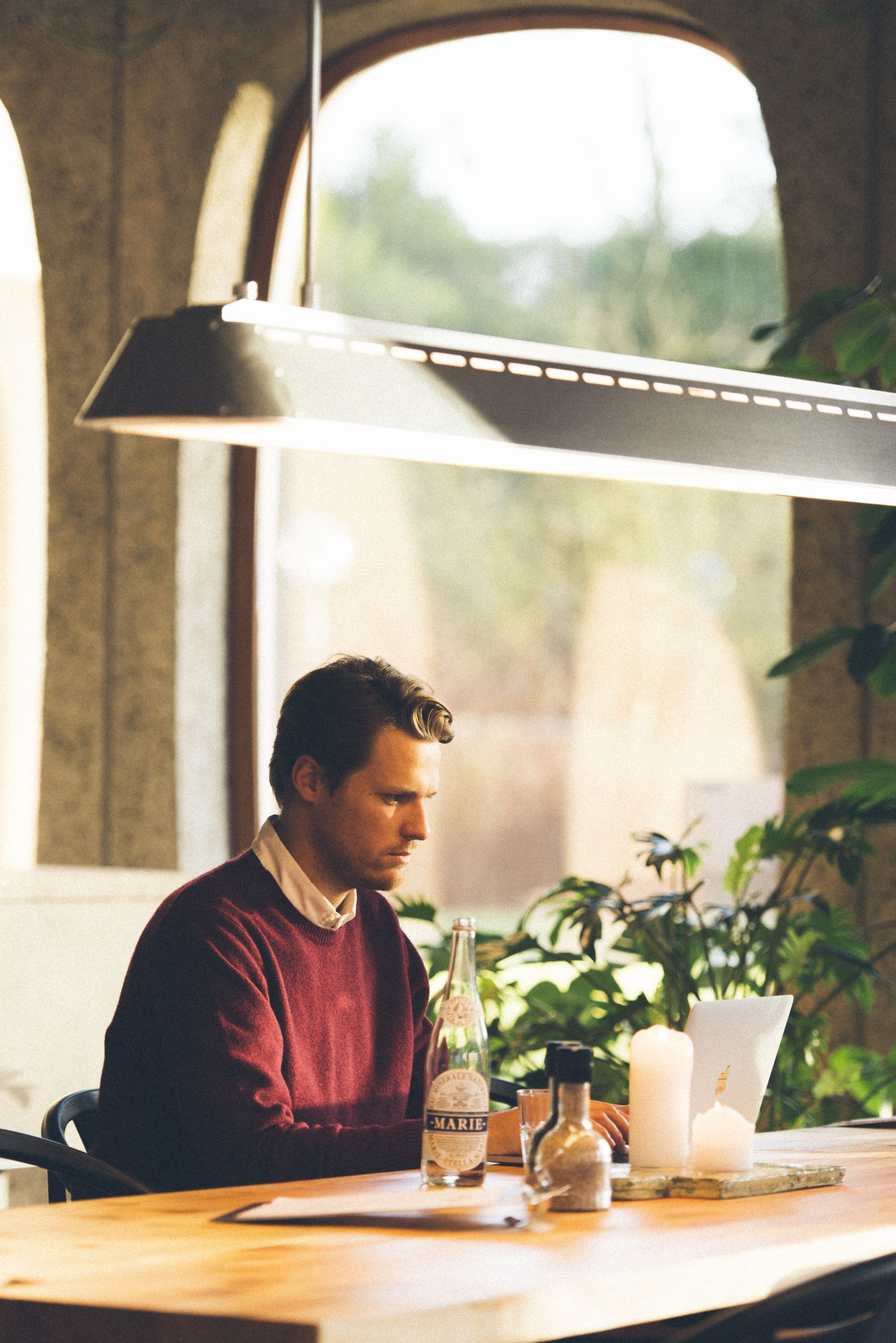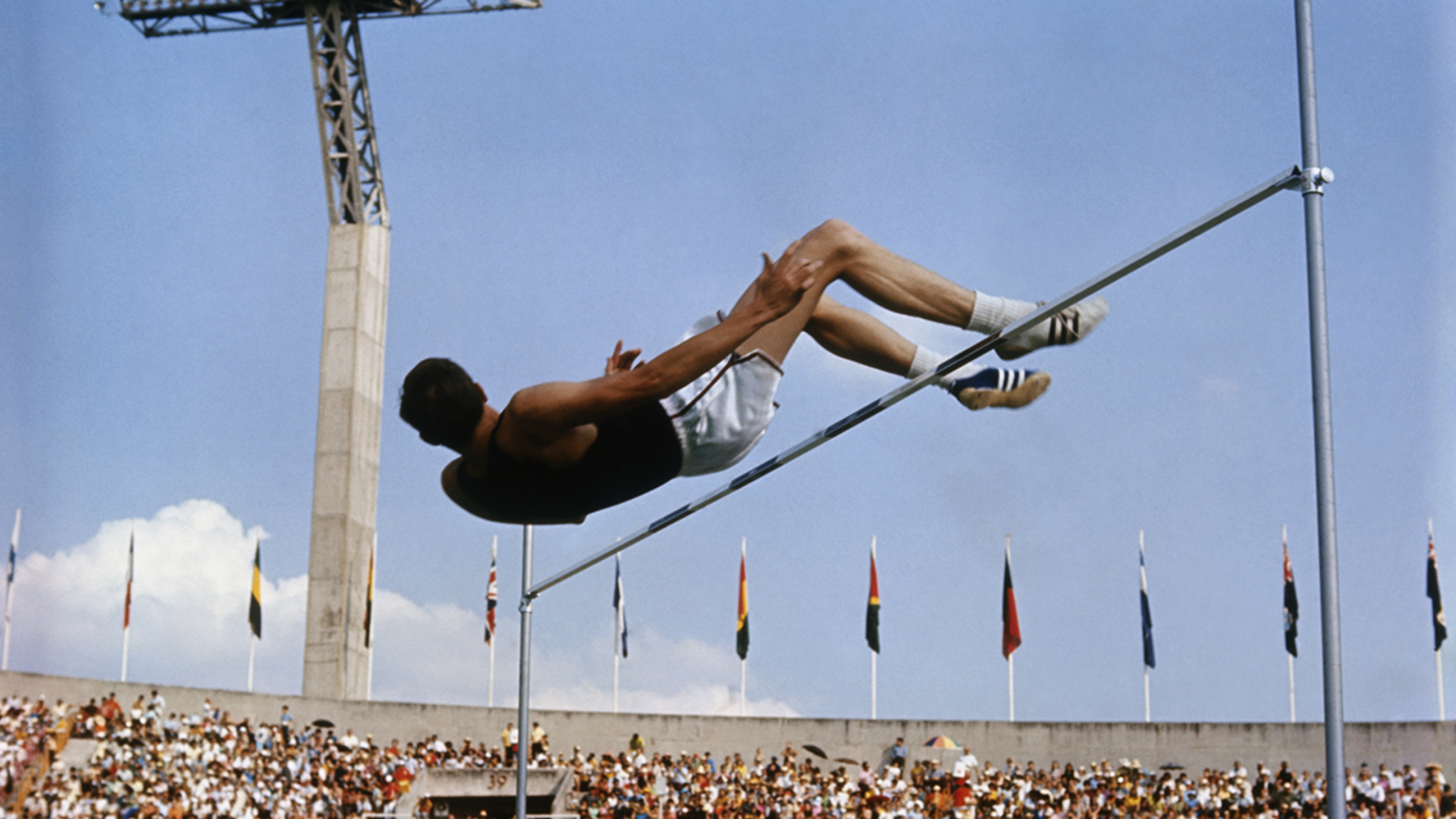Because
the office
as you know it
is dead
Do you ever wonder what an office could be if it wasn’t an endless drip of mediocrity? If the same dull decor didn’t frame your Monday to Friday routine: the shared desk; the inoffensive colour scheme; the cutesy, little bits and bobs your coworkers disperse around their one to four square of personal working space. What could an office be if you weren’t chained to your desk from nine to five, looking out onto a sea of sameness? What if your dedicated workspace was more than your desk, the break room, and a meeting room three doors down? What if it could be more than a stream of interruptions you couldn’t get away from?
International research points out that a significant shift is appearing in the office and labour market. The rise of the gig economy and the explosion of start-ups is pushing us towards a wider real estate portfolio and more flexible office solutions. In addition, a damning mobility issue is boosting us to think about the necessity of a daily commute.
In a war for talent, workspace quality becomes a number one priority for companies. We no longer expect a table and a chair, but rather a complete experience that allows us to perform at our best. Increasing employee fatigue and cases of burnout have placed traditional ways of working under the microscope. For the first time in history, the global workplace includes five generations working side-by-side. One-size-fits-all is no longer applicable.
Digital transformation allows us to work from anywhere, anytime. You can serve your clients in New York or from a beach in Bali. We no longer need a grey, traditional atmosphere or the rigid mentality of the previous century. The demand for a different kind of workspace is not limited to freelancers or start-ups. It may have started as a solution for the flexible needs of beginning companies or the loneliness of freelancers, but today, large multinational corporations are including a more extensive selection of workspaces in their portfolio. Not only is delocalizing part of their team an answer to the need to work close to home, but working alongside diverse individuals from different companies encourages collaboration, which results in innovation.
Fosbury & Sons is based on the digital nomad life, the strength of your daily workspace quality, general life quality and the light need of people to belong to a group.
Well-being is the new welfare.



In an office that
values you and
the work you do,
who could you be?
Work can be more than a monthly paycheque, than the food it brings to our table, than the sponsor of our light needs and our escapism.
With Fosbury & Sons—an office for the employee, for the individual, for the start-up, for the entrepreneur, and for the company both large and small—we want to create a renaissance of work.
A place to collaborate, to celebrate, and to learn from one another; a place where you can come together, and a place to be apart.

A tribute
to Mr. Fosbury
Our company name, Fosbury & Sons, is a tribute to Dick Fosbury, who changed the world of high jump competition. Like Mr Fosbury, we aim to rethink something that is conventional. How can we redesign our work environment to better suit the needs of today’s generation? How do we create harmony between life and work in our ever-evolving social landscape?
As a high school student, Fosbury had trouble with the conventional high jump straddle method and failed to meet the 1,5 m requirement for his track team. Fosbury was determined, though and he continued to tinker with his approach until he developed one that suited his body. A technique that would become the dominant style when he set a new Olympic record in 1968 at 2,24 m—it was named the ‘Fosbury Flop’.

